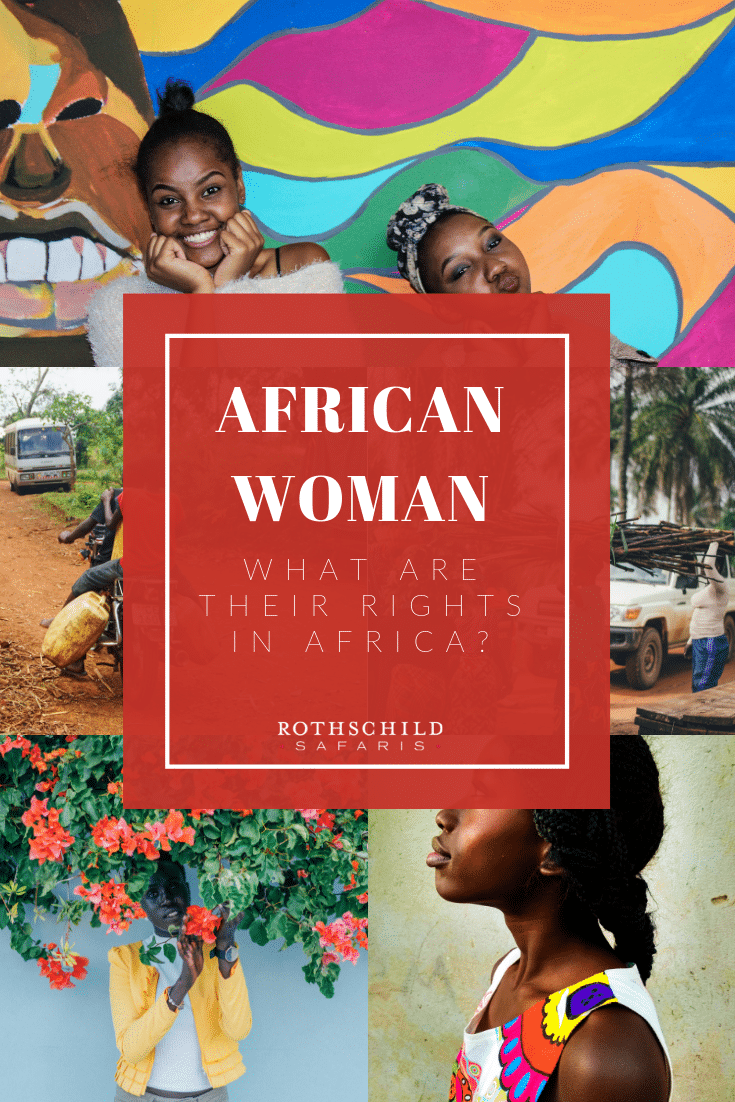Women have played a central role across centuries of African history. They are an essential part of the history, economy and social fabric of Africa.
But what makes someone an African woman in 2019?
Is it a practical, cultural identification in everyday life or a spiritual connection? Can it be based on a complicated journey of self-identifying, or is it as simple as a birthright? Is someone only as African as their mother-tongue? Can we base it merely on your general appearance?
Can you be more or less African? Can you simply choose which parts of the African culture you keep?
Considering the generalization of Africa as one unit one might even question the general identification of ‘African.’
While there is no definitive understanding of the African identity we can share facts to shine a light on the current state of play for women living in countries on the continent of Africa right now.
A quick overview to get us to today
Historically
In Africa, women had unprecedented power. They held chieftaincies and were allowed to bequeath dynastic rights to progeny in some tribes.
Colonial Era
During the colonial centuries, gender discrimination was solidified, and their power was consistently eroded.
After Independence
The African administrations that came into power after independence have not succeeded in empowering African women.
General Facts
- The majority of women living in Africa work within the informal labor force. They are also guardians of the welfare of children and household managers. African women have always carried a heavy burden, and in many instances, the changing economic and socioeconomic situation in Africa has only increased their workload. Modernization is not serving African women well.
- Women grow 80% of the food in Africa, but few are allowed to own the land they work on.
- Women, while working twice as long as men earn only one-tenth of a man’s income.
- There is a vast gender gap in education.
- Women in high positions may have to sacrifice honor and respect for their economic and social power.
- During the first years of school, many more girls drop out than boys.
- In 2015, 20% of new HIV infections were among women aged 15 – 24. Globally this group only accounts for 11% of the adult population. In East and Southern Africa, young women will acquire HIV five to seven years before their male peers.
- Meanwhile, government efforts to provide sanitary pads are paying off.
By Country
In Algeria
They have fought as equals with men in wars such as the 1962 Algerian War of Independence resulting in independence. Now, equality for women is enshrined in the country’s laws and the Constitution, and they can vote and run for political positions.
Inspirational Women
Thousands of Algerian women have taken a stance against hard-line Islamists by wearing bikinis to the beach.
… and from History
Read about Saint Monica of Hippo
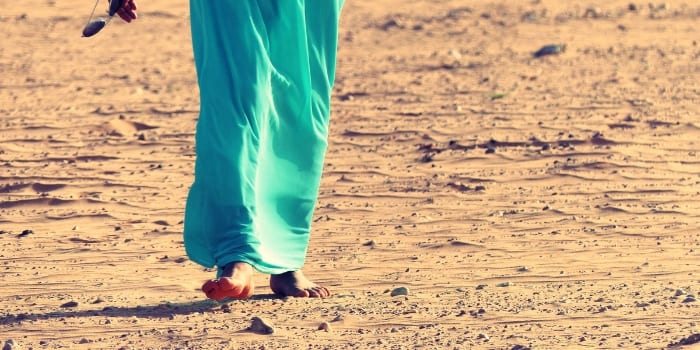
In Angola
Women are working on providing easier access to education and voting ability and advocating the passing of anti-discrimination and literacy laws.

In Benin
While the lot of women improved following a restoration of democracy, which included the ratification of the Constitution and the passage of the Personal and Family Code to override various traditional customs that entrenched unequal treatment of women, inequality and discrimination persists. Polygamy and forced marriage are illegal but still occur, and domestic violence is widespread. There is a punishment of up to five years in prison for rape, but enforcement is hampered by corruption, incompetence, ineffective police work and fear of social stigma.
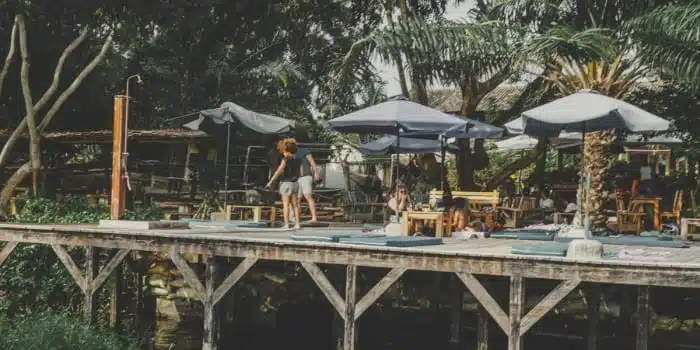
In Botswana
Inspirational Women
The Minister of Investment, Trade, and Industry is also Africa’s youngest person holding the post of minister. Bogolo Joy Kewenedo is committed to improving the living conditions of her people and has been appointed to serve as a member of the UN High-Level Panel on Digital Cooperation.

In Burkina Faso
Inspirational Women from History
The legendary Princess Yennenga is considered the Mother of the Mossi.
In Chad
Women outnumber men and run the predominantly rural-based economy.
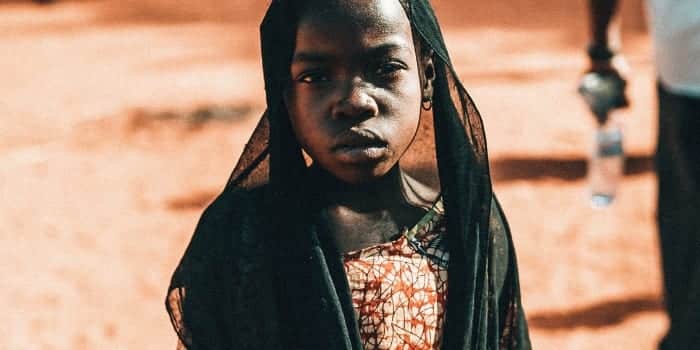
In the Democratic Republic of the Congo
The struggle of women continues with the regime paying lip service while limiting their opportunities. There are also many infrastructure issues and the political culture landscape remains volatile. Progress can be found, however: In 2018 family law was changed to allow a woman to open a bank account without the consent of her husband. Now women have access to financial products without consent.

In Ethiopia
Female genital cutting is practiced by many of the ethnic groups.
Inspirational Women
SoleRebels was started in 2005 by entrepreneur, conservationist and community champion Bethlehem Alemu. The firm converts tires into smart shoes and currently has 18 stores around the world. She addressed the Clinton Global Initiative (its first female African entrepreneur) and she has been named in the top 12 women entrepreneurs of the last century.
… and from History
The legend of the Queen of Sheba and Zewditu who was the first female head of an internationally recognized state in Africa.
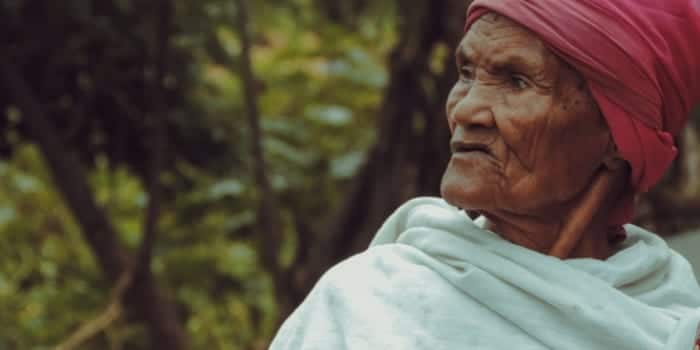
In Ghana
Inspirational Women from History
Yaa Asantewaa led the Ashanti in the War of the Golden Stool against British colonialism, resulting in Ghana being the first Sub Saharan African nation to attain independence.

In Kenya
Maternal mortality has been at 362 deaths for every 100,000 live births between 2007 and 2014. Less than half of all employees are women. The majority of the unemployed (64.5% and the underemployed (60.5%) are also women.
Inspirational Women from History
Wangarĩ Muta Maathai was the first African woman to win the Nobel Laureate. She was a renowned Kenyan social, environmental and political activist. In 1977 she founded an environmental non-governmental organization focused on the planting of trees. This Green Belt Movement also worked towards environmental conservation and women’s rights.
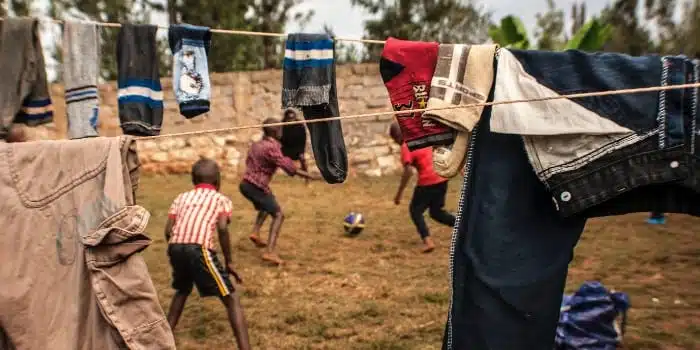
In Libya
Libyan leaders are committed to improving the condition of women although progress happens within the framework of Arabic and Islamic values.
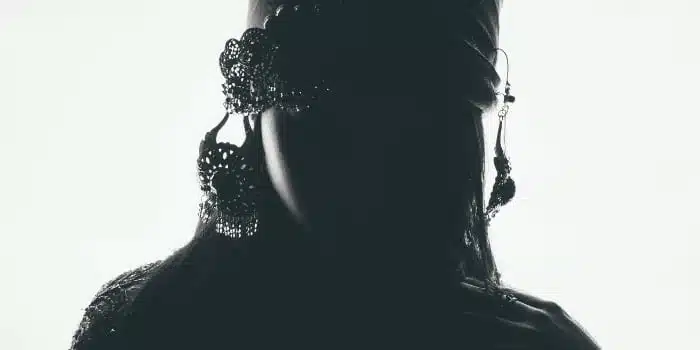
In Morocco
Women went from ‘harems in the 1940s’ to a life of freedom following Independence from France.

In Namibia
In 1990 Namibia’s constitution was altered to guarantee women equal protection under the law and prohibit gender discrimination. There has been an increased push for parliamentary representation in the Namibian parliament.
Inspirational Women
Dr. Helen Nduma fled Namibia during its war for liberation to become a pioneering ophthalmologist. She is internationally renowned for her humanitarian work.
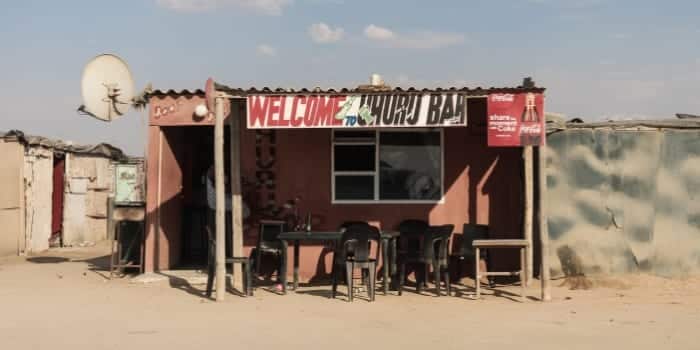
In Niger
The empowerment of women and the removal of their inferior status was a central tenet of the 1969 revolution. Many of the laws that protect women’s rights in Niger are based on Muslim beliefs.
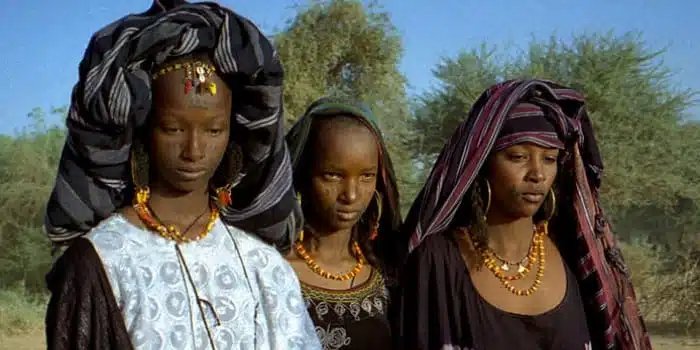
In Nigeria
President Muhammadu Buhari’s cabinet promised to implement a National Gender Policy but it fell short of its own 35% female appointee rule as only 16% of the cabinet were female. Female genital mutilation is at a high of 18.4%. Very close to half of the women between 20 and 49 were married before they turned 18.
Inspirational Women
Chimamanda Ngozi Adichie, a Nigerian Feminist, Novelist, and Author is a fierce equality in gender rights and women empowerment campaigner. Involved in many political movements and campaigns against sexual violence including the #metoo movement, her TEDxEuston talk on being an African feminist garnered over 5 million views.
Nigerian minister of finance, Harvard-educated Ngozi Okonjo Iweala
has risen to become one of the most respected economists in the world;
… and from History
The Princess of the Yoruba, Mọ́remí Àjàsorò was a courageous queen whose fame contributed to the Yoruba tribe being delivered from oppression
Also see Queen Idia, the true legend of Amina, the institution of the Erelu Kuti, Nana Asma’u and Madam Efunroye Tinubu
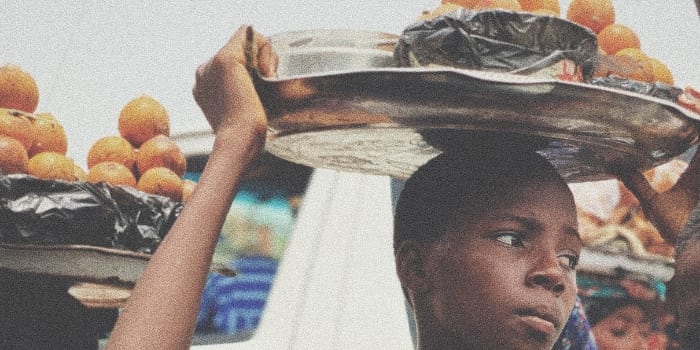

In Rwanda
Female representation in parliament is the highest in the world but the workloads, access to education and gender-based violence persist.

In the Sahrawi Arab Democratic Republic (formerly Western Sahara)
Women share responsibilities at every level of community and social organization.
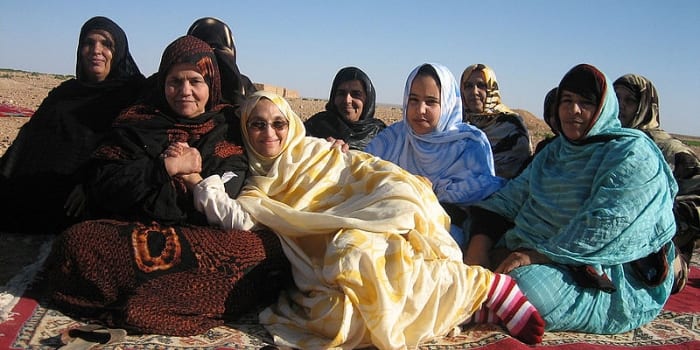
In Senegal
Where a traditional division of labor used to exist, economic change and urbanization have led rural women to migrate to cities and becoming involved in managing forestry resources and operating millet and rice mills.
The rural development agency aims to organize village women and involve them more actively in the development process and in the cities they have entered the labor market. When Senegal voted in February 2019, 50% of the electorate was female. One in three Senegalese women marries before turning 18.
Inspirational Women from History
Lingeer Fatim Beye Joos Fadiou was the queen of the Kingdom of Sine and considered the founder of the Joos Maternal Dynasty which lies within present-day Senegal.
Also, see Linguere Ndoye Demba Joos Fadiou and Ndaté Yalla Mbodje who followed her.

In Seychelles
Seychellois society is matriarchal, and women can be dominant with equal legal, political, economic and social rights.
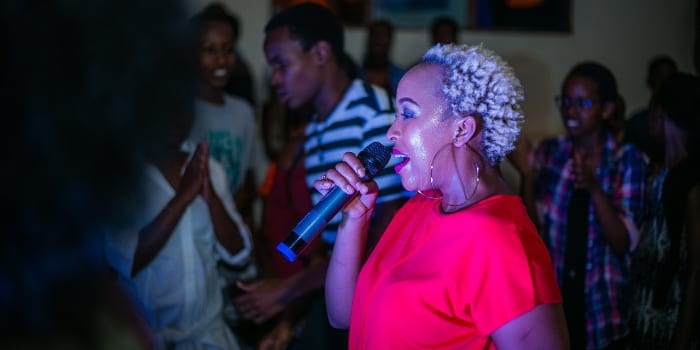
In Sierra Leone
Women have been instrumental in the political and economic development of the nation. They have also played a significant role in the education system.
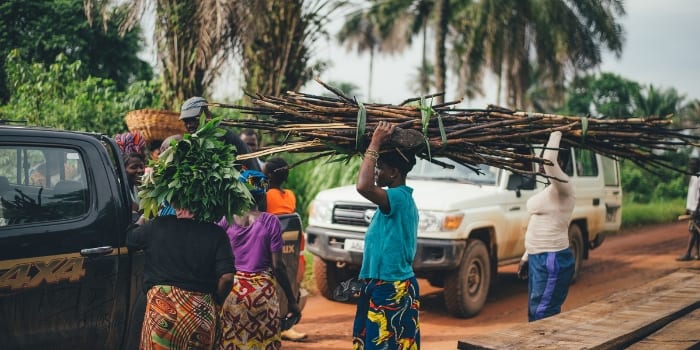
In South Africa
In 2015 the pay gap between men and women was 23%. While three-quarters of teachers in South Africa are women only 37,3% are school principles (as of June 2018).
Inspirational Women from History
Miriam Makeba went to prison with her mother aged only 18 days. From those inauspicious beginnings, she became a Grammy-winning international singing star and anti-apartheid activist.
Nandi was the incredibly resourceful and brave mother of Shaka Zulu.
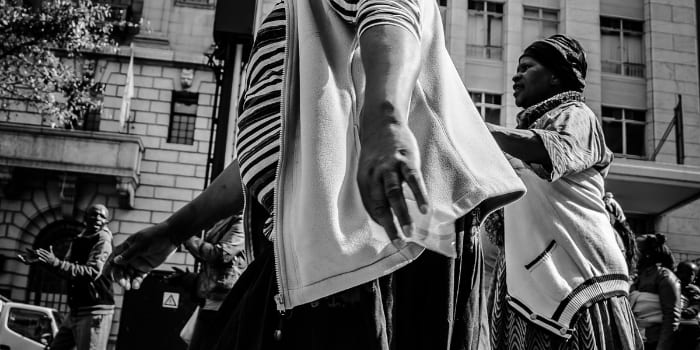

In the Republic of South Sudan
Women have been active in liberation causes and during their political struggle.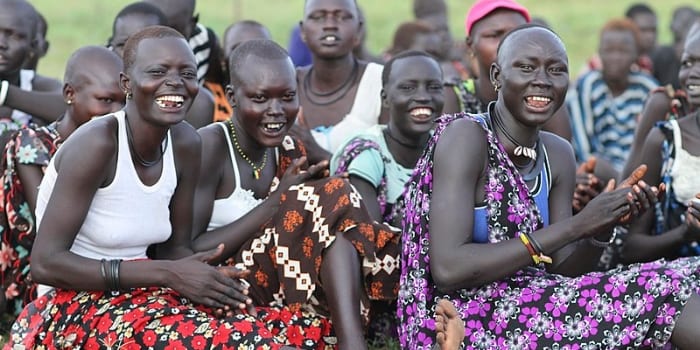
In Sudan
This developing nation faces many gender inequality challenges. Sudan ranks 167st out of 189 countries on the Human Development Index (HDI) and remains caught between Sharia law and the Convention on the Elimination of All Forms of Discrimination Against Women (CEDAW).
Still – positive changes can be found, and women are visually active in the current uprisings in Khartoum.
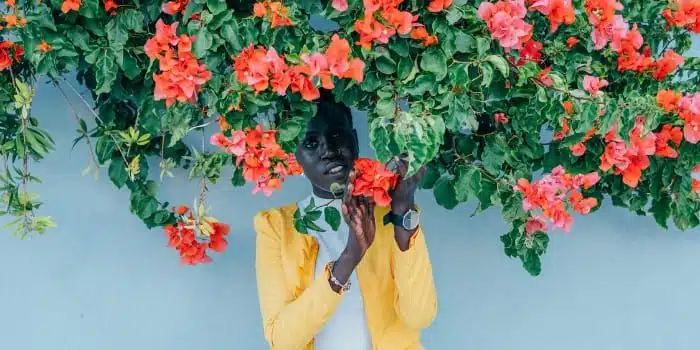
In Tanzania
Pregnant girls between 12 and 14 represent half of all students who leave school without completing their studies (often blamed on the absence of family life education and the imitation of foreign lifestyles).
Very few schools allow pregnant girls or young mothers to complete their education. The other half of the Tanzanian pupils who drop out do so for a variety of reasons, including poverty, traditional norms, increases in school fees and deterioration in the quality of learning.
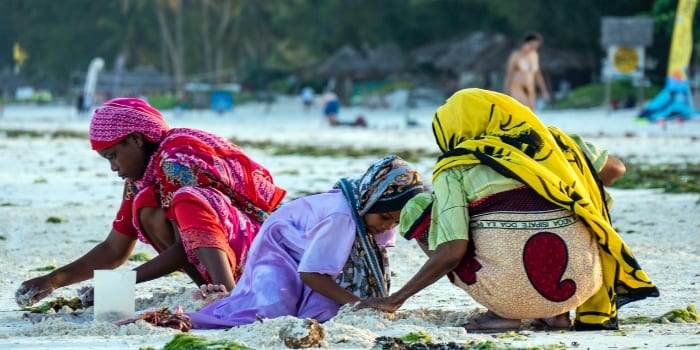
In Uganda
In spite of substantial economic and social responsibility, the women of Uganda are definitely subordinate to men. As recently as 1980 women were still required to kneel when they spoke to a man.
Inspirational Women
Alengot Oromait was elected Member of Parliament for Usuk County, Katakwi District in Uganda – making her the youngest parliamentarian in Africa.
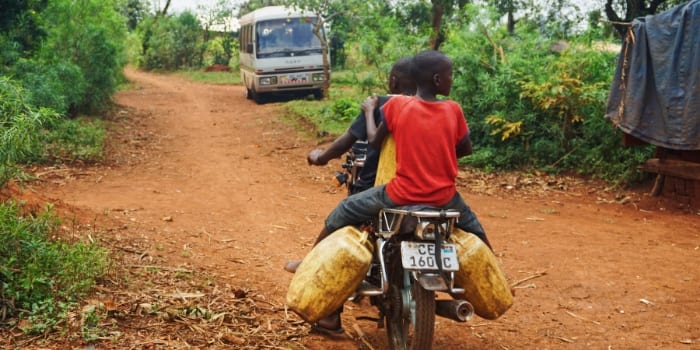
In Zambia
Inspirational Women
Dambisa Moyo was born in Zambian and is an international, accomplished economist and author. Working at the World Bank and serving in top roles at Barclays Bank, SABMiller, Barrick Gold, and Goldman Sachs.
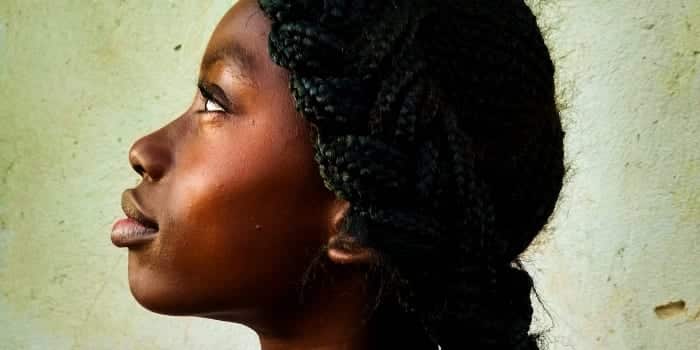

In Zimbabwe
Gender parity has been a founding principle in Zimbabwe since the constitution recognized it in 2013. However:
Harmful practices in Zimbabwe, such as forced virginity testing and marriage by abduction, reinforce women’s inferior position in society.
Almost half of women have experienced physical or sexual violence. One in three experience sexual violence before they’re 18
Zimbabwe has one of the highest rates of child marriage in the world, with up to 50 % of young girls being under the age of consent in rural areas.
Women hold around 39 % of seats in parliament.
6.6 % of females aged 15 to 24 have HIV
Inspirational Women
Not accepting the fact that she was not allowed to go to school due to poverty and being female, Tererai Trent educated herself earning a Masters degree in Agriculture. Her unlikely educational achievements have resulted in international renown and she will be represented by one of the 10 life-size statues dedicated to women who championed gender equality in the world that will be revealed on Women’s Equality day (26 August) in New York.
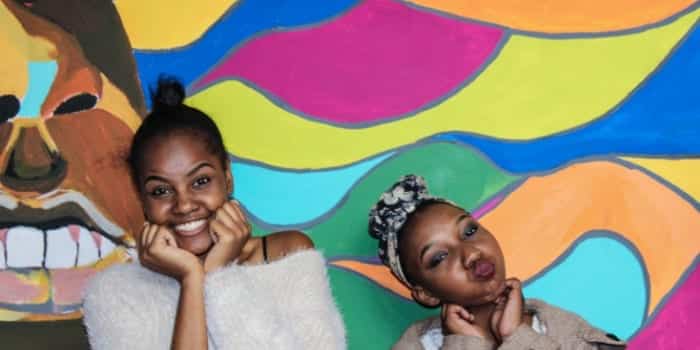
Imagery © khaoula ben – unsplash.com; ©Emmanuel Zua– unsplash.com; ©Esteve Nimbus– unsplash.com; ©Johannes Ludwig– unsplash.com; ©Mohau Mannathoko– unsplash.com; ©maxime niyomwungeri – unsplash.com; © Francesca Noemi Marconi– unsplash.com; © Gift Habeshaw– unsplash.com; © Ato Aikins – unsplash.com; © M.T ElGassier – unsplash.com; © Marvin Meyer– unsplash.com; © Anqi Lu – unsplash.com © Sagaya Abdulhafeez – unsplash.com; © One zone Studio – unsplash.com; © Nenad Radojčić – unsplash.com; © Annie Spratt – unsplash.com; © Abdura-ouf Bessick – unsplash.com; © Majkl Velner – unsplash.com; © Melissa Askew – unsplash.com; © King JAy – unsplash.com; © Wikimedia Commons – unsplash.com;© Wikimedia Commons – unsplash.com
